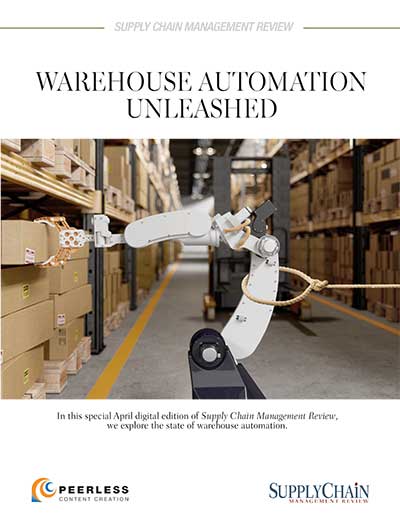Recently, some prominent buyers' brands have been damaged because their suppliers caused major harm to workers or the environment, e.g., through a deadly factory fire or release of toxic chemicals. How can buyers motivate suppliers to exert greater care to prevent such harm?
According to a study published by the Stanford University Graduate School of Business, actions taken by prominent buyers (increasing auditing, publicizing negative audit reports, providing loans to suppliers) are counterproductive—under a “backfiring” condition.
Intuitively-appealing actions (penalizing a supplier for harming workers or the environment, penalizing a supplier for trying to deceive an auditor, making such deception more difficult to accomplish) also can be counterproductive, notes the study.
Erica L. Plambeck and Terry A. Taylor are the two study authors. They maintain that contrary to conventional wisdom, squeezing a supplier's margin (by reducing the price paid to the supplier or increasing wages for workers) motivates the supplier to exert greater care to prevent harm—under the backfiring condition.
The study notes that anecdotal evidence suggests that the “backfiring condition” is prevalent or increasingly so. Similar insights apply to mitigation of unauthorized subcontracting.
Among those quoted in the study is Kevin O'Donnell, Director of Environmental Engineering, Nike, who says “When the heat is turned up too fast and hard, it drives the factories to move in the other direction. They end up hiding information from us.”
The Stanford research observes that Apple, Disney, Marks & Spencer, Zara and other prominent firms have recently been exposed as sourcing from suppliers that have caused major harm to workers or the environment.
When a firm's supplier is revealed as abusing workers (e.g., through hazardous working conditions leading to workplace injuries and deaths) or damaging the environment (e.g., through a major, illegal release of toxic chemicals) the ensuing scandal damages the brand of the buying firm, researchers conclude.
But it does not address the problem completely:
A supplier's risk of causing a major harm to workers or the environment depends on the extent of the supplier's effort to employ responsible safety and environmental practices. Currently, buyers' auditing of suppliers' practices is the primary motivation for suppliers to exert that responsibility effort, because regulatory institutions and law enforcement are weak in developing and emerging economies in which suppliers are concentrated.”
SC
MR

Latest Supply Chain News
- Tech investments bring revenue increases, survey finds
- Survey reveals strategies for addressing supply chain, logistics labor shortages
- Israel, Ukraine aid package to increase pressure on aerospace and defense supply chains
- How CPG brands can deliver on supplier diversity promises
- How S&OP provides the answer to in-demand products
- More News
Latest Resources

 Explore
Explore
Topics
Latest Supply Chain News
- Tech investments bring revenue increases, survey finds
- Survey reveals strategies for addressing supply chain, logistics labor shortages
- Israel, Ukraine aid package to increase pressure on aerospace and defense supply chains
- How CPG brands can deliver on supplier diversity promises
- How S&OP provides the answer to in-demand products
- AI, virtual reality is bringing experiential learning into the modern age
- More latest news
Latest Resources

Subscribe

Supply Chain Management Review delivers the best industry content.

Editors’ Picks





